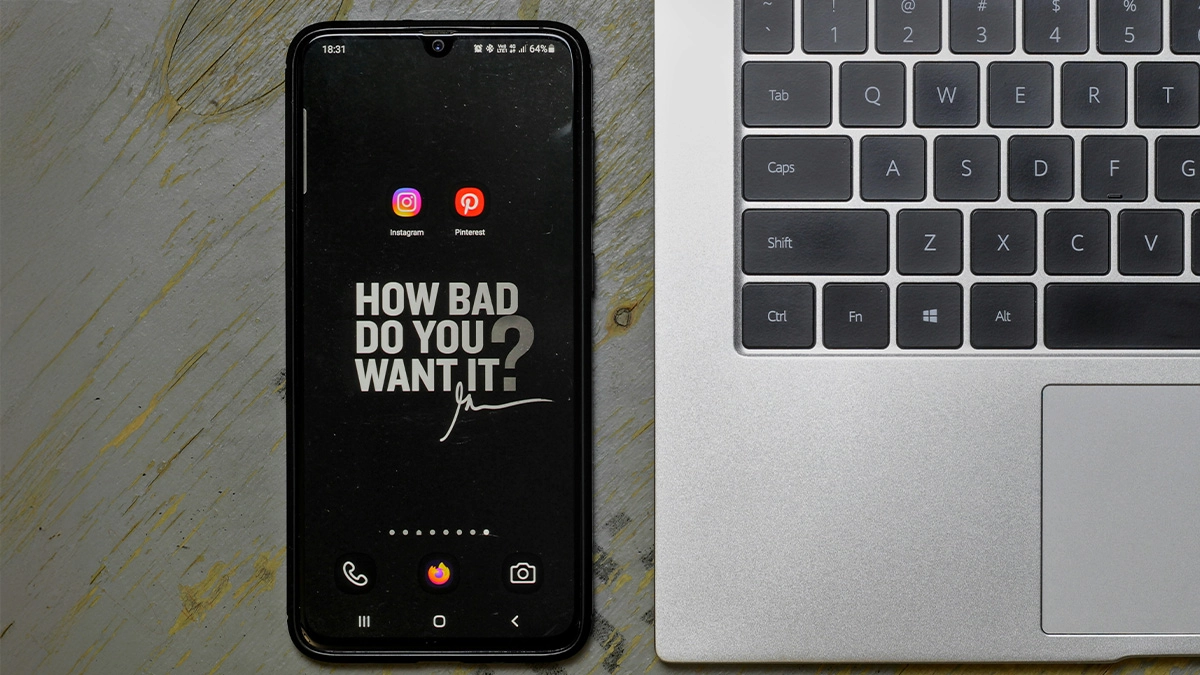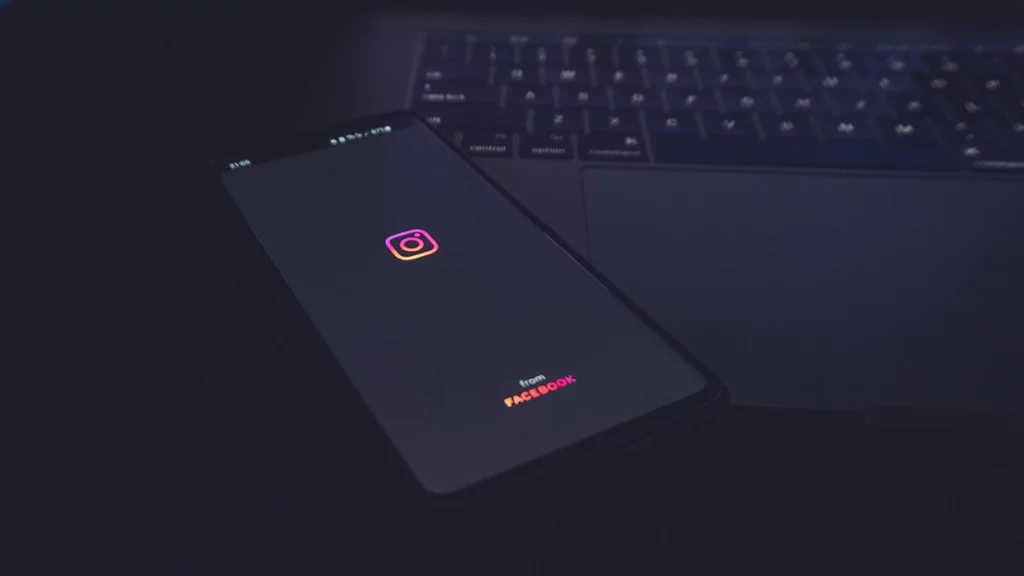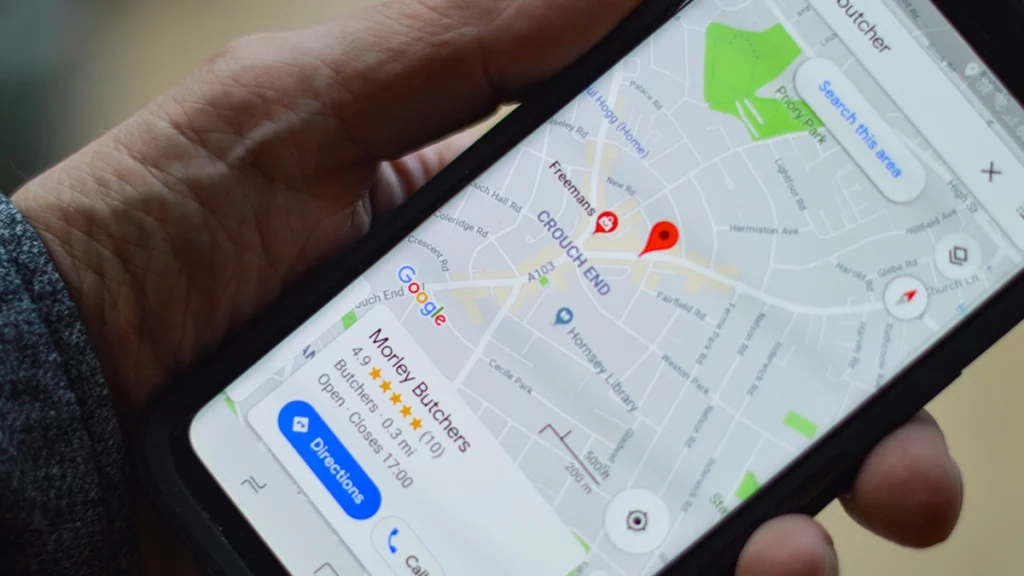When you’re running a small business, time and budget are always tight. So when it comes to marketing, you need to know what works.
Two of the most talked-about strategies are search engine optimisation (SEO) and social media marketing. But which is better for your local business?
In this post, we’re going to break down the differences between the two, highlight the pros and cons of each, and help you figure out where to focus your energy.
Whether you’re a one-person band or a growing team, this guide will make sense of SEO vs social media for local business growth.
Quick Comparison: SEO vs Social Media
| Feature | SEO | Social Media Marketing |
|---|---|---|
| Goal | Show up in Google searches | Build brand awareness & community |
| Audience | People actively searching for services | People browsing for content |
| Cost | Mostly time investment (long-term ROI) | Often requires ongoing spend (especially ads) |
| Speed of Results | Slower to see results | Can see fast engagement from posts |
| Content Type | Blogs, service pages, Google Business info | Posts, videos, stories, reels |
| Lifespan of Content | Long (months or years) | Short (hours to days) |
| Best For | Service-based businesses | Product-based or visual businesses |
| Direct Interaction | Limited | High (DMs, comments, live chats) |
| Location Targeting | Strong via local SEO and Google Maps | Targeted via hashtags & paid location ads |
| Trust Factor | High (Google rankings = credibility) | Depends on engagement and reviews |
What is SEO?
SEO (Search Engine Optimisation) is the process of making your website show up higher on search engines like Google.
When someone searches for “plumber near me” or “best coffee shop in Nottingham”, you want your business to be one of the first things they see.
SEO includes things like:
- Using the right keywords on your website
- Making sure your website loads quickly and works on mobile
- Creating useful, local content
- Getting other websites to link to yours (backlinks)
- Setting up your Google Business Profile
When done right, SEO helps people find you when they’re actively searching for what you offer.
read more
Is SEO Dead? An In-Depth Analysis
What is Social Media Marketing?
Social media marketing is using platforms like Facebook, Instagram, TikTok, and LinkedIn to connect with people. It’s about building relationships, sharing updates, and getting your business in front of the right audience.
Social media marketing includes:
- Posting regular content (images, videos, stories)
- Engaging with comments and messages
- Running paid ads
- Creating a consistent brand voice and presence
It’s great for brand awareness, especially if you have something visual or exciting to share.
Want help turning these ideas into real content?
Check out our video editing services for small businesses
The Case for SEO: Why It Matters for Local Businesses
Let’s start with SEO. Here’s why it can be a game-changer:
- People Trust Google:
When someone searches for something on Google and your business appears at the top, it builds instant trust. Users see you as a credible option. - High Intent Traffic:
People searching for services in your area already want what you offer. SEO captures this intent. These aren’t people just scrolling for fun — they’re ready to take action. - Long-Term Results:
Unlike social media posts that disappear in a few hours or days, SEO can keep bringing traffic to your website for months or even years. - Visibility on Maps:
Optimising your Google Business Profile helps you appear in the map pack — that little box that shows businesses near the user. This is gold for local footfall. - Cost-Effective:
While SEO takes time, it doesn’t require constant spending like ads. Once you’re ranking well, the clicks are free.
The Case for Social Media: Why It’s Still Powerful
Now, let’s look at social media and what it brings to the table.
- Community Engagement:
Social media lets you build a loyal community. You can answer questions, share behind-the-scenes content, and stay top-of-mind. - Shareability:
A great post can go viral. People tag friends, share stories, and spread the word. It can create a buzz much faster than SEO. - Visual Appeal:
If your business is very visual (like food, fashion, fitness), social media is the perfect platform to showcase your work. - Paid Targeting:
You can run ads targeted at very specific groups — age, interests, location, even income. That means you can get in front of the right people quickly. - Direct Communication:
Customers can DM you directly. It makes your brand feel more human and approachable.
So, Which One is Better?
Here’s the truth: there’s no one-size-fits-all answer. But let’s break it down based on a few key factors.
Business Type
- Service-based (like plumbers, hairdressers, therapists):
SEO often wins here. People are searching for your services, and you want to show up in those results. - Product-based (boutiques, bakeries, creatives):
Social media can be more effective to showcase your products visually and build hype.
Budget
- Tight budget:
SEO is a smarter long-term investment. - Willing to spend on ads:
Social media can deliver faster wins.
Time
- Limited time:
Focus on SEO basics first, then schedule some simple social posts. - More time or help:
Run both. Post regularly and keep improving your website SEO.
Can You Do Both?
Absolutely. In fact, that’s often the best strategy.
Here’s how SEO and social media can work together:
- Share your blog posts on social media to drive traffic and help with SEO.
- Use keywords in your social media bios to improve search visibility.
- Encourage followers to leave Google reviews, which helps SEO.
- Use social media to build brand awareness while SEO brings in people actively searching.
They support each other more than they compete.
Tips for Getting Started
If You’re New to SEO:
- Claim and optimise your Google Business Profile.
- Make sure your website has your location and services clearly listed.
- Write a few blog posts that answer common customer questions.
- Get listed in local directories (Yell, Yelp, FreeIndex).
If You’re New to Social Media:
- Pick one or two platforms and do them well.
- Post at least once a week with useful or engaging content.
- Show your face or your team — people connect with people.
- Use local hashtags to reach people nearby.
Final Thoughts
Trying to decide between SEO vs social media for local business marketing? Begin by considering where your customers spend their time and how they typically discover businesses. When they’re searching on Google, SEO is the way to go — but if they’re scrolling through Instagram, social media is your best bet.
But don’t feel like you have to choose just one. Even small steps in both areas can make a big difference.
Still not sure what to prioritise? At 404 Marketing, we work with small businesses every day to create marketing strategies that actually work — without the fluff. Get in touch if you need a hand figuring out what’s right for you.


